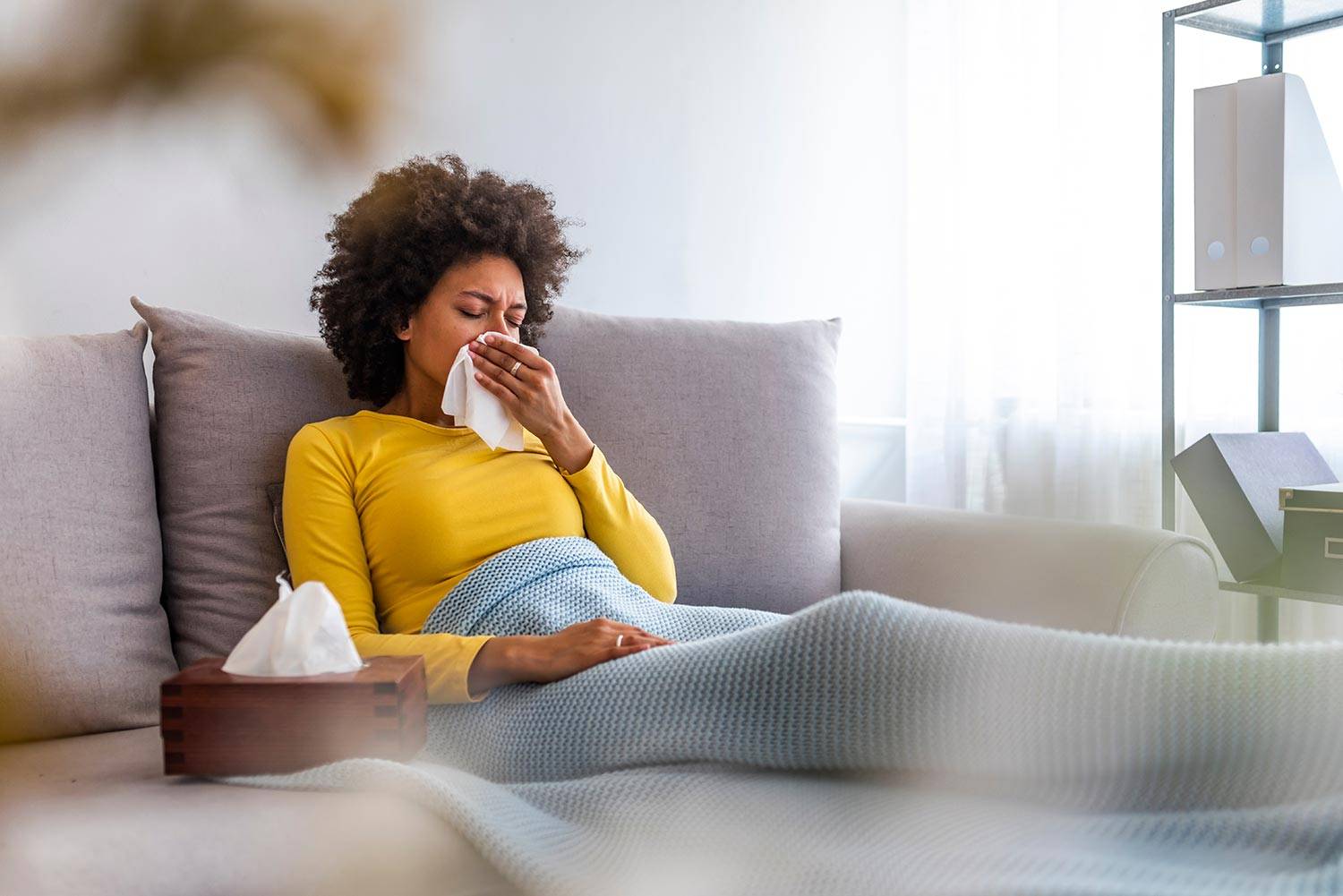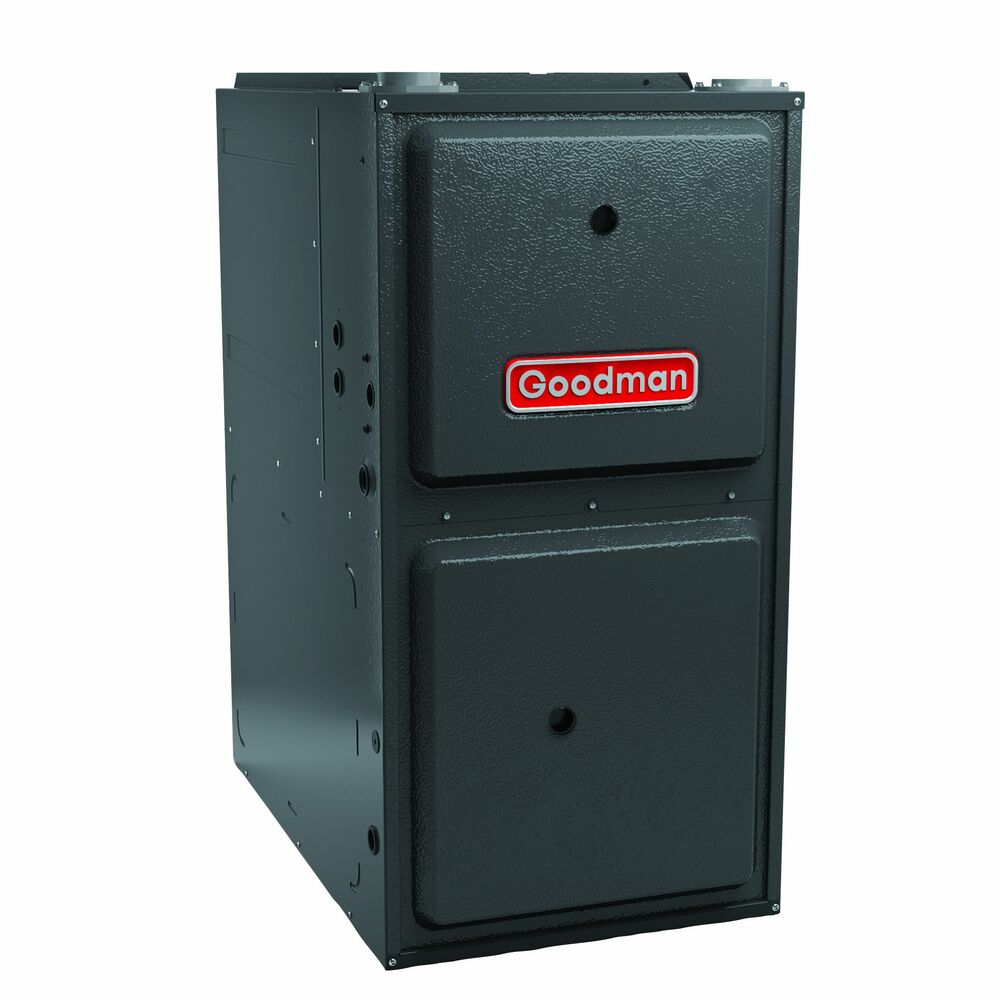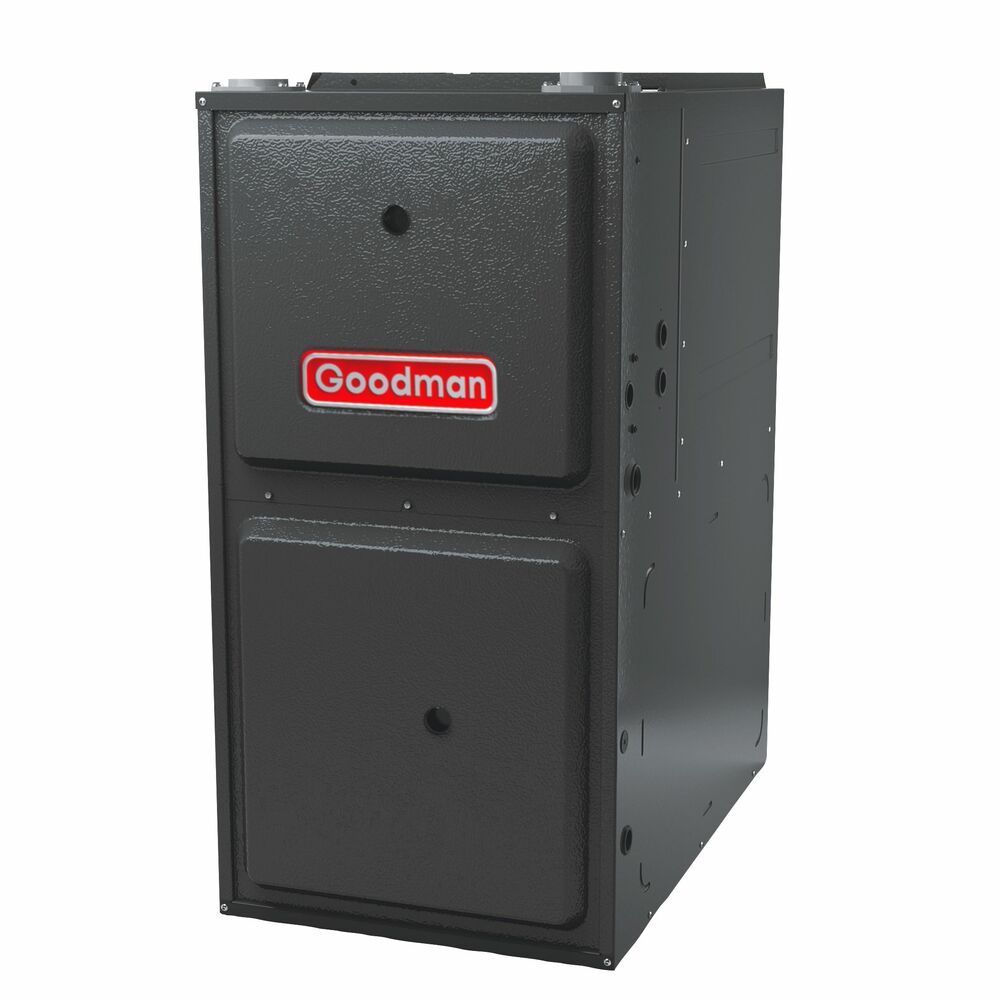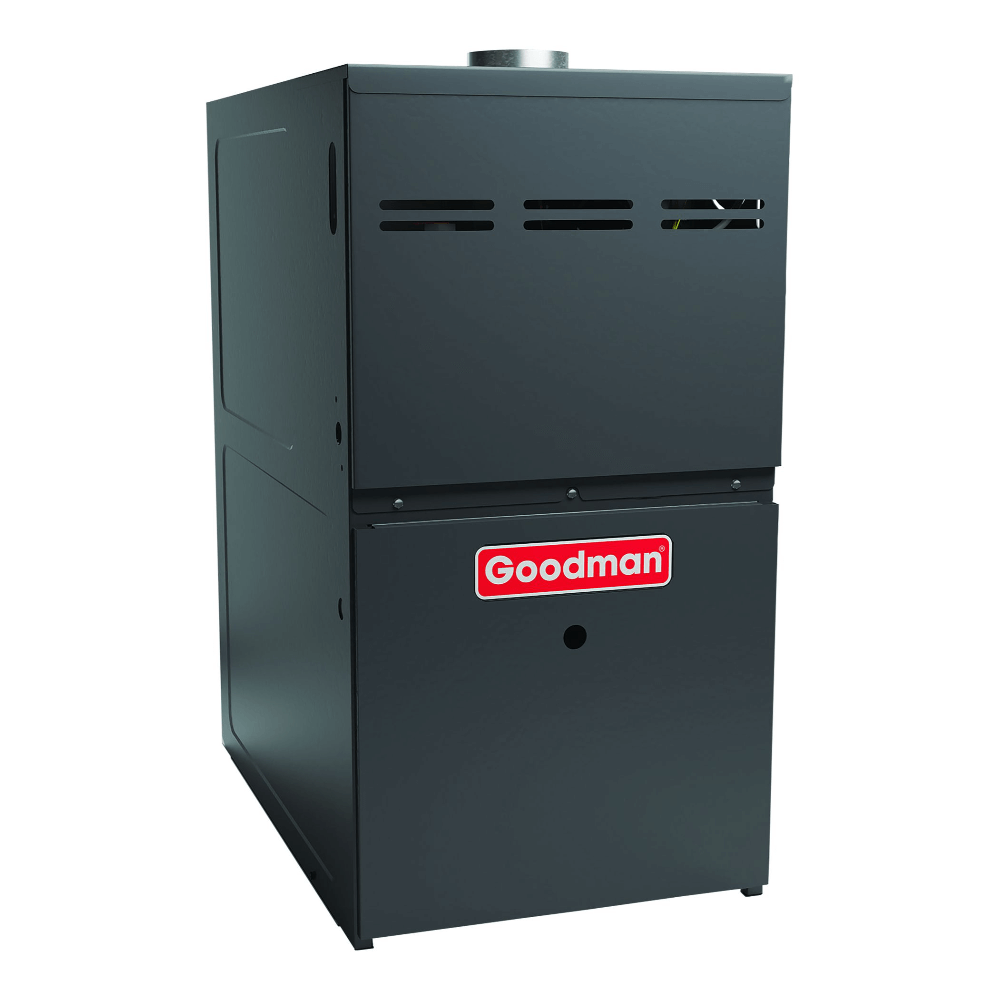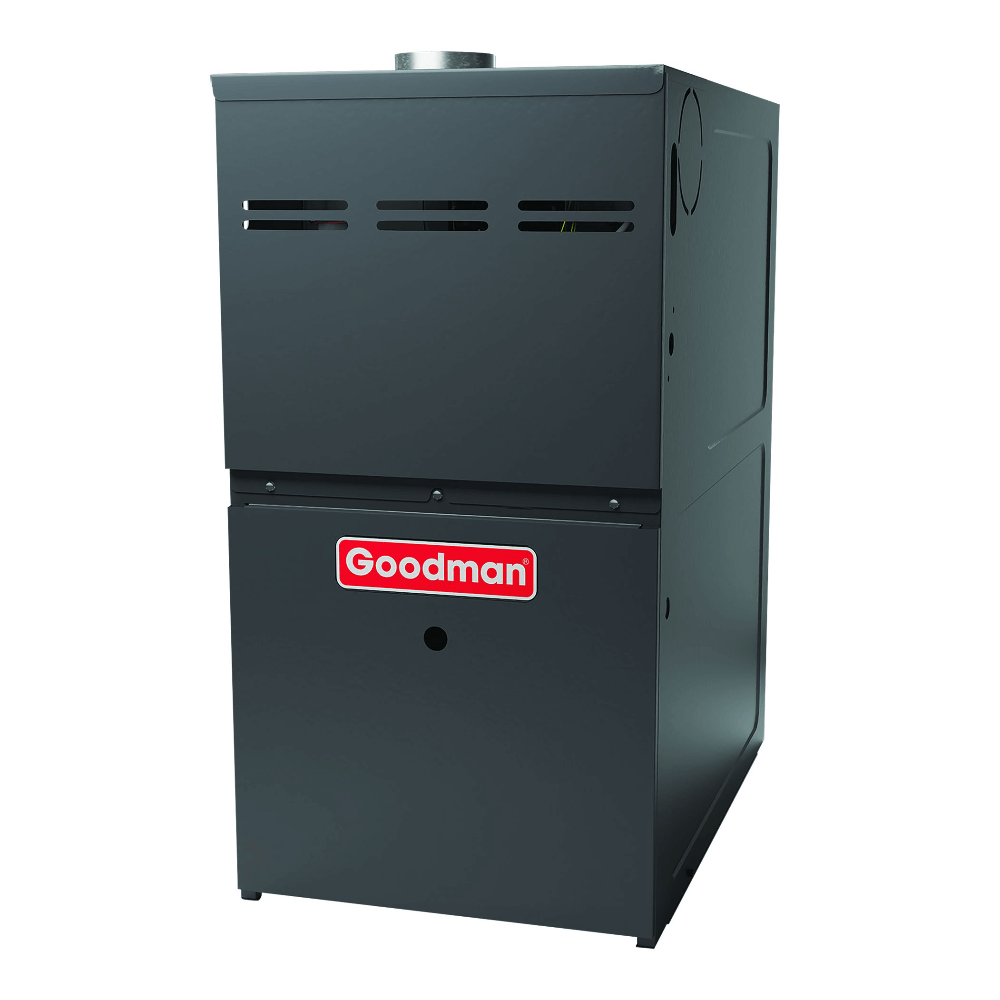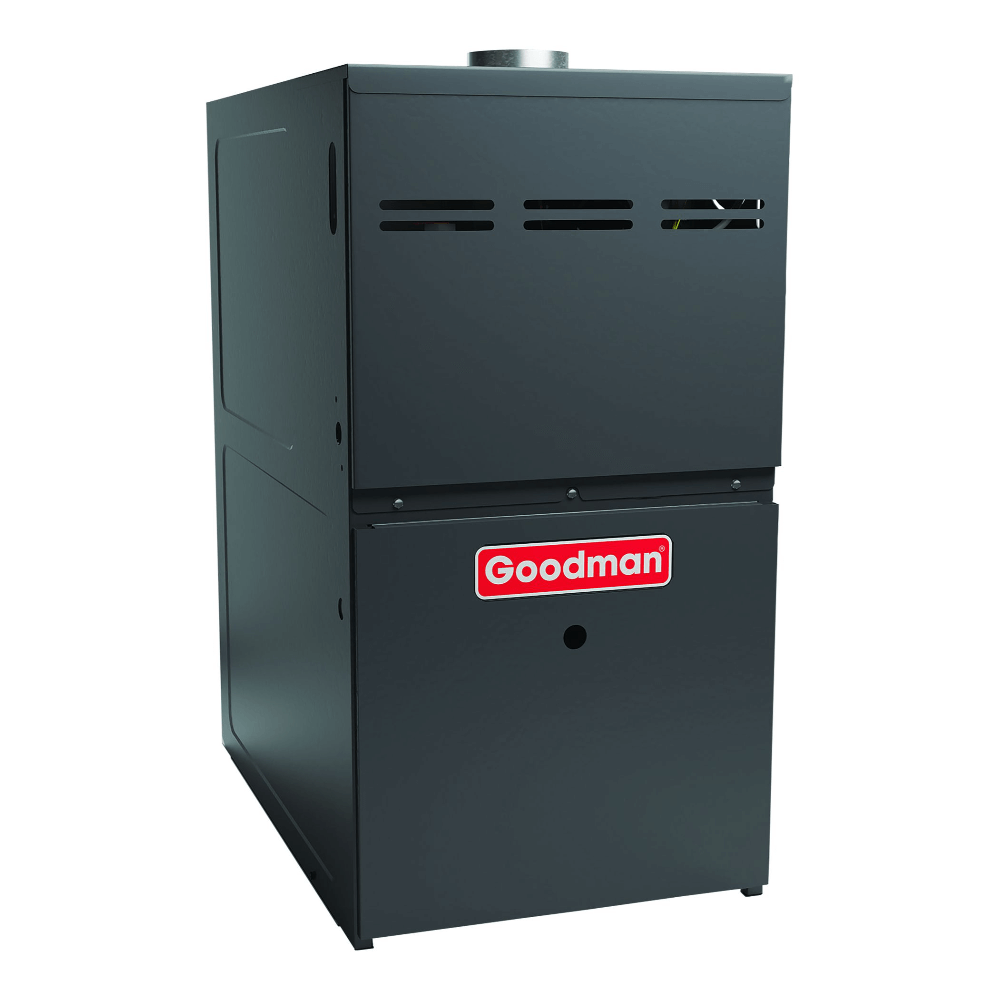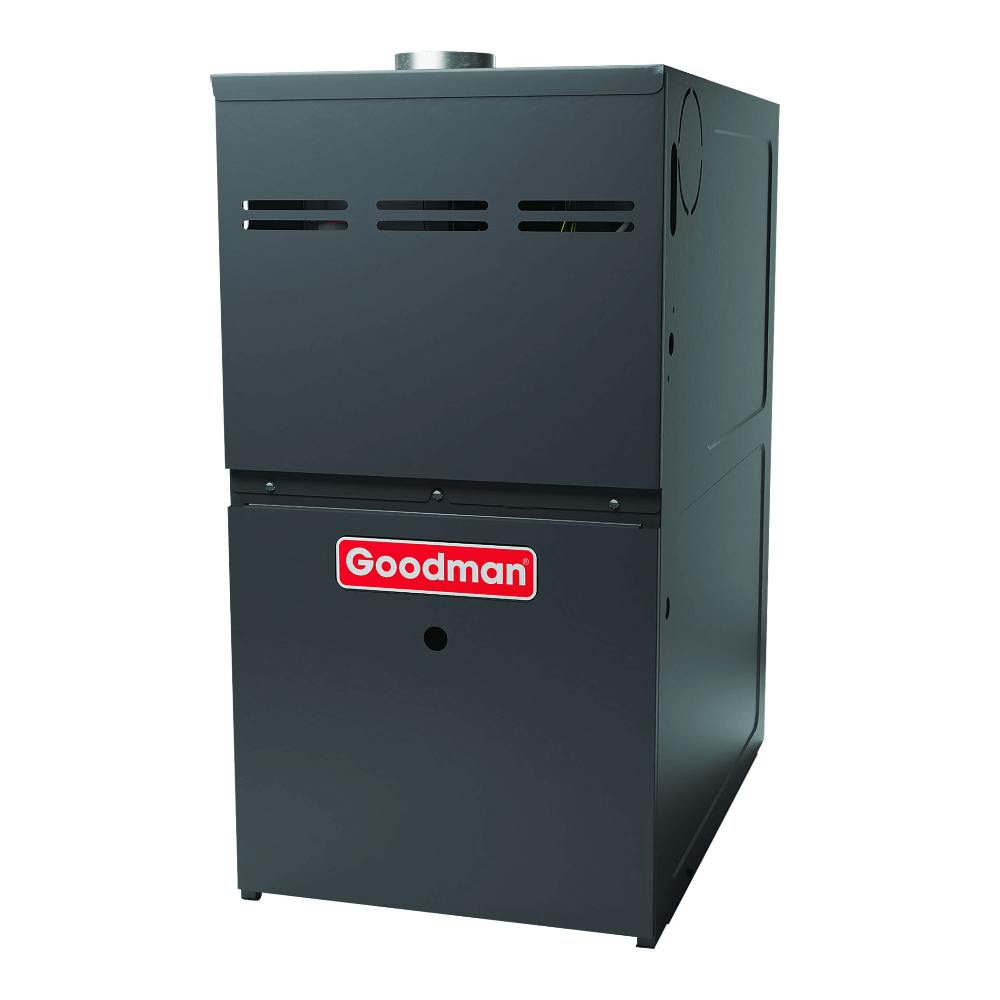If properly maintained, air conditioners can filter pollen, improve indoor air quality and significantly decrease allergy-related complications. An air conditioner uses vacuum force to suck air into its intake vents. The air passes through filters that trap pollen, dust, pollutants, and other microbial contaminants. Your air conditioner also helps maintain your home’s humidity. Higher humidity levels produce other allergens like bacteria, mold, and mildew.
After a long winter, most people welcome the spring and summer seasons with open arms, but allergies come with warmer days. If you’re worried about pollen and seasonal allergens getting inside your house, your air conditioning system and the type of air filter play an essential role in minimizing your exposure.
How Air Conditioners Filter Pollen
When air is pulled into your air conditioner, it is first warmed or cooled and then dispersed to all the rooms in your house through ducts. The air filter catches pollen particulates and other airborne contaminants such as dust, mold, pet dander, and fungal spores and cleans the air just before it is pulled through the blower and circulated through your home. As the air is pushed through the filter, the mesh, usually pleated cloth or paper material, traps any pollutants in the air.
If you don’t change your air conditioner air filter as often as you should, the air can’t pass through as easily, causing more and more pollutants to have the chance of getting through the mesh, therefore lowering the indoor air quality.

Discover Top-Grade Air Conditioners: View Our Products Today
Does an Air Conditioner Help With Allergies?
Yes, if you maintain your air conditioning unit regularly. AC systems can help filter your home's air and control its humidity, effectively managing allergies caused by indoor allergens.
Allergens are any substance that causes an allergic response in an individual. According to the Asthma and Allergy Foundation of America (AAFA), more than 50 million Americans suffer from seasonal allergies. Dust, mold spores, pollen, and animal dander are common allergies, though anything can trigger mild to severe allergic reactions. Pollen is the leading cause of allergic reactions brought about by seasonal changes.
You can minimize the exposure to allergens by relying on your air conditioner for cooling rather than opening doors and windows. No matter how fine your window screens are, they can't filter everything out. So close your windows during the peak allergy season and use your air conditioner instead.
Allergens can travel into your home and settle in every room. Air conditioners house filters that effectively filter the air to remove allergens before returning it into your home. When the maintenance on your HVAC system is neglected, these contaminants can be carried and stirred up by filthy, dust-caked filters and ducts.
If your air conditioner air filter continues to catch the particles circulating through the system and is not changed, those contaminants build-up, now having nowhere to go except to be blown back through your home. Higher humidity levels and dampness can also cause other allergens to pass through your home. If the moisture builds or if there are leaks somewhere in the AC unit, say in the ductwork, a damp environment now exists. Mold and bacteria can flow through your home's air, adding to the allergens.
Common allergy-inducing pollutants found in air conditioning systems are:
- Pollen - Pollen is the fine powder created by flowers, trees, and plants and can come through open windows and doors during the warmer seasons. If they are not appropriately filtered, pollen particles can spread into other rooms of the house and settle in the carpet and furniture, inducing allergies for anyone breathing impure air.
- Dust Mites - You can find dust mites wherever dust gathers. These mites are microscopic bugs that can cause severe allergic reactions and even asthma symptoms. They can be in pillows, curtains, furniture, carpets, and other fabric materials.
- Mold - Toxins released by mold and mildew can trigger seasonal allergies instantly. A fungus that flourishes in damp, humid conditions, mold grows where there’s a lot of moisture, such as leaks around windows, piping, and HVAC systems. Mold can also be under carpet, upholstery, and fabric.
- Pet Dander - If you are an animal lover and have pets, pet dander can be a common cause of allergies. It is composed of microscopic flecks of skin shed by animals with fur and feathers. Pet dander does not affect everyone but can induce allergies among people allergic to the protein found in animal saliva, urine, and feces.
Why is a Good Filter Important?
Many people assume that the filters in HVAC systems keep dust and allergens out of the air. In truth, that's not what heating and cooling filters do. Their primary purpose is to keep dust out of the equipment to prevent damage to the system and keep it running efficiently.
When changed regularly, standard furnace and AC filters help remove some dust from the air. Still, they do little to filter out the microscopic pollutants that cause the unpleasant symptoms of allergy season.
There are various air filters, and if you're suffering from allergies, the current one you are using might not be able to keep tiny spores and allergens out of the air.
Types of Air Filters
Standard air filters protect your HVAC system, but not all of them will protect your health and keep out allergens, pollutants, and other contaminants. Here's a list of the most common air filters you may encounter and how to choose the one that best will fit your needs.
Pleated Air Filters
Made with folded layers of high-quality cotton or polyester material, pleated air filters are among the most common filter types used in home air conditioners. The pleated design gives the filter a better surface area without hindering proper airflow. Pleated filters are ideal for homes as they trap more considerable amounts of particulate while preventing bacterial growth.
HEPA Filters
HEPA filters are said to be the best type of filter as they can filter contaminants with maximum efficiency. These filters can filter up to 99.9% of particles that are 0.3 microns or larger. It includes dust, pollen, mold, bacteria, and other particles. The HEPA filter is thicker than others and needs to be changed more frequently as the most effective filter.
Electrostatic Filters
An electrostatic filter comes in second after the HEPA filter. This close alternative to the HEPA filter is a washable filter panel used in heating and cooling systems. Made with self-charging cotton on paper, electrostatic filters can attract impurities present in the air. They efficiently trap dirt, dust, pollen, and other indoor allergens. These filters have MERV ratings. Higher the MERV value, the higher the efficiency of the filters.

Discover Top-Grade Air Conditioners: View Our Products Today
What is MERV Rating?
MERV stands for Minimum Efficiency Reporting Value of an air filter. It is a measurement unit used to determine the filter's ability to prevent larger particles between 0.3 and 10 microns, such as dust, dirt, and other pollutants, from penetrating the filter. The ratings range from MERV 1 to MERV 20, with the higher number signifying the filter can trap smaller air particles.
An air filter MERV rating helps you understand an air filter’s effectiveness in choosing the right one for your requirements. For example, if you have someone who suffers from allergies in your home, you may want a higher MERV rating.
The best rating for a home HVAC unit is somewhere between 8-13 MERV. These filters will capture a considerable portion of the airborne particles and enhance indoor air quality without making your energy costs rise significantly.
MERV Rating Chart
| MERV Rating | 0.3-1.0 Microns | 1.0-3.0 Microns | 3.0-10.0 Microns |
|
MERV 1-4 |
Under 20% |
Under 20% |
Under 20% |
|
MERV 5 |
Under 20% |
Under 20% |
20% - 34% |
|
MERV 6 |
Under 20% |
Under 20% |
35% - 49% |
|
MERV 7 |
Under 20% |
Under 20% |
50% - 69% |
|
MERV 8 |
Under 20% |
Under 20% |
70% - 85% |
|
MERV 9 |
Under 20% |
Under 50% |
Above 85% |
|
MERV 10 |
Under 20% |
50% - 64% |
Above 85% |
|
MERV 11 |
Under 20% |
65% - 79% |
Above 85% |
|
MERV 12 |
Under 20% |
80% - 90% |
Above 90% |
|
MERV 13 |
Under 75% |
Above 90% |
Above 90% |
|
MERV 14 |
75% - 84% |
Above 90% |
Above 90% |
|
MERV 15 |
85% - 94% |
Above 95% |
Above 90% |
|
MERV 16 |
Above 95% |
Above 95% |
Above 90% |
|
MERV 17-20 |
Above 99% |
Above 99% |
Above 99% |
Regular Maintenance of Air Conditioners
Maintaining your air conditioner is the best way of ensuring high efficiency and keeping your home free of allergy-inducing particles. Even the best air conditioners with the highest rating will not be able to keep pollutants and allergens out if it is not maintained correctly.
While installing a high-quality air filter is a great start, there are additional ways to ensure that you’ll get cleaner air, better system performance, more consistent comfort, and fewer breakdowns.
- Clean your air ducts
Contaminants and impurities that are not filtered out when air is pushed into your air conditioner can build up in ducts. These airborne particles can gather in your home's ducting system, including dust, pollen, and other spores. Not every home needs this service, but if your equipment and ductwork are at least a few years old and someone in your home has allergies, it's worth getting your ducts inspected. Contact your local HVAC professional to schedule a thorough cleaning every 3-5 years.
- Keep plants and debris away from your condenser.
Your condenser unit can pull in outdoor allergens and circulate them throughout your home. Ensure your outdoor unit is debris-free by trimming away vegetation. You can also limit exposure by framing your unit with gravel or brick so plants don’t grow next to it. A wall or gate is also helpful if it doesn’t block airflow.
- Remember to change your filter on time
Even a high-quality HEPA filter is of no use if blocked by dirt and allergens. How often to change an air filter depends on different factors. You should inspect your air filter at least once a month and replace it every 3-4 months. If you have pets or a larger household, it’s best to switch out your filter every month.

Discover Top-Grade Air Conditioners: View Our Products Today
The Final Verdict
If pollen and other seasonal allergies are a concern for you, keeping your air conditioner properly maintained throughout the year can help considerably reduce airborne pollutants. With a consistent maintenance schedule, you should consider upgrading to a higher MERV rating and regularly changing the filters. A well-maintained AC will work wonders in the heat and help keep your pollen allergies at bay.

